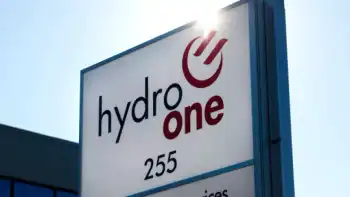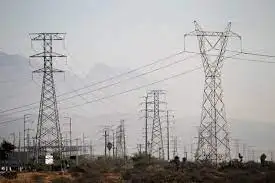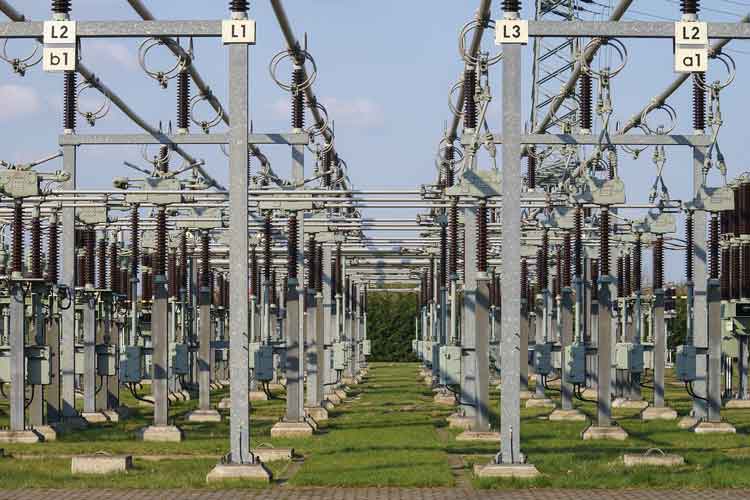Maryland utilities designated near junk
MARYLAND - A top Wall Street credit agency downgraded Pepco, Baltimore Gas and Electric Co. and Delmarva Power to close to junk status, citing their inability to pass along higher energy costs in a hostile political environment.
The actions by Moody's Investors Service means the utilities' borrowing costs will jump at the same time the Maryland General Assembly is pushing them deeply into debt by forcing them to finance sharply higher wholesale energy costs they cannot pass on to their customers.
Ultimately, Maryland customers or taxpayers will have to pay for both the higher energy and borrowing costs.
The political risks faced by the utilities were heightened significantly by the Democrat-controlled General Assembly's move to fire Public Service Commission members appointed by Maryland Gov. Robert L. Ehrlich, a Republican, because they originally approved a rate plan that would have allowed a quicker pass-through of energy costs to customers, the agency said.
Moody's called the mass firings, which have been temporarily stayed by a Maryland appeals court, "a highly unusual event in the modern history of the U.S. regulated utility industry" that bodes ill for all Maryland utilities faced with escalating energy costs.
Even if the court reinstalls the commissioners, Moody's noted, the legislature demonstrated that it has the votes to prevent utilities from passing on their energy costs for the foreseeable future, greatly clouding their financial prospects.
"Rate relief will be less constructive in the currently contentious environment even if the attempt to replace the commission does not succeed," Moody's said, noting "the possibility that the outcome of next year's power supply auction could be similarly controversial if wholesale power prices increase."
Taking into account $380 million of cash "give backs" the legislature mandated for BGE customers, the Baltimore power company will be forced to go about $600 million into debt to finance the rate-deferral plan, Moody's estimates.
That leaves BGE in a weakened state that makes it vulnerable to further downgrades and even insolvency if it faces further energy price shocks or other costs that the legislature deems cannot be passed on to customers.
While Moody's did not lower the rating of BGE's parent company, Constellation Energy, it said Constellation could face downgrades in the future if BGE's financial situation deteriorates.
Pepco's ratings were lowered a notch even though the utility benefited from a provision of the Maryland bill giving it more flexibility to conduct the auctions that determine what their customers' energy costs will be each year, said Pepco spokesman Bob Dobson.
The provision is expected to reduce the volatility of rates from year to year by allowing Pepco to take bids for one-third of its power load at each auction rather than putting up the full load for bid as was required under past procedures.
"Obviously, we're disappointed" that Moody's did not take into account more positive factors, such as Pepco's move to reduce its debts by $1.14 billion in the last three years, Mr. Dobson said. He said the utility does not anticipate any change in its operations as a result of the downgrade.
Moody's cited a "decline in the supportiveness of the regulatory environment" in Delaware as well as Maryland in lowering the ratings of Delmarva Power, and Pepco's and Delmarva's parent company, Pepco Holdings Inc., by a notch to the edge of junk status.
A "junk" designation means the utilities' bonds are speculative and pension funds and mutual funds cannot invest in them. That makes it harder for the utilities to borrow and drives up the interest rates they must pay to attract buyers.
All three utilities' long-term bond ratings are now in the Baa2 to Baa3 range, hovering a notch above speculative grade debt, according to a Bond Market Association guidebook.
Delaware's Public Service Commission demonstrated its hostility to higher rates in April by ordering an $11.1 million reduction in Delmarva's distribution rates after Delmarva requested a $5.1 million rate increase.
Moody's said it expects Pepco's finances to stabilize in part because it is helped by the fact that it operates in four states and the District, enjoying a kind of "regulatory diversity" not available to BGE since negative developments in one state can be offset by positive action in another.
Related News

When did BC Hydro really know about Site C dam stability issues? Utilities watchdog wants to know
VANCOUVER - The watchdog B.C. Utilities Commission has sent BC Hydro 70 questions about the troubled Site C dam, asking when geotechnical risks were first identified and when the project’s assurance board was first made aware of potential issues related to the dam’s stability.
“I think they’ve come to the conclusion — but they don’t say it — that there’s been a cover-up by BC Hydro and by the government of British Columbia,” former BC Hydro CEO Marc Eliesen told The Narwhal.
On Oct. 21, The Narwhal reported that two top B.C. civil servants, including the senior bureaucrat who prepares Site C…




